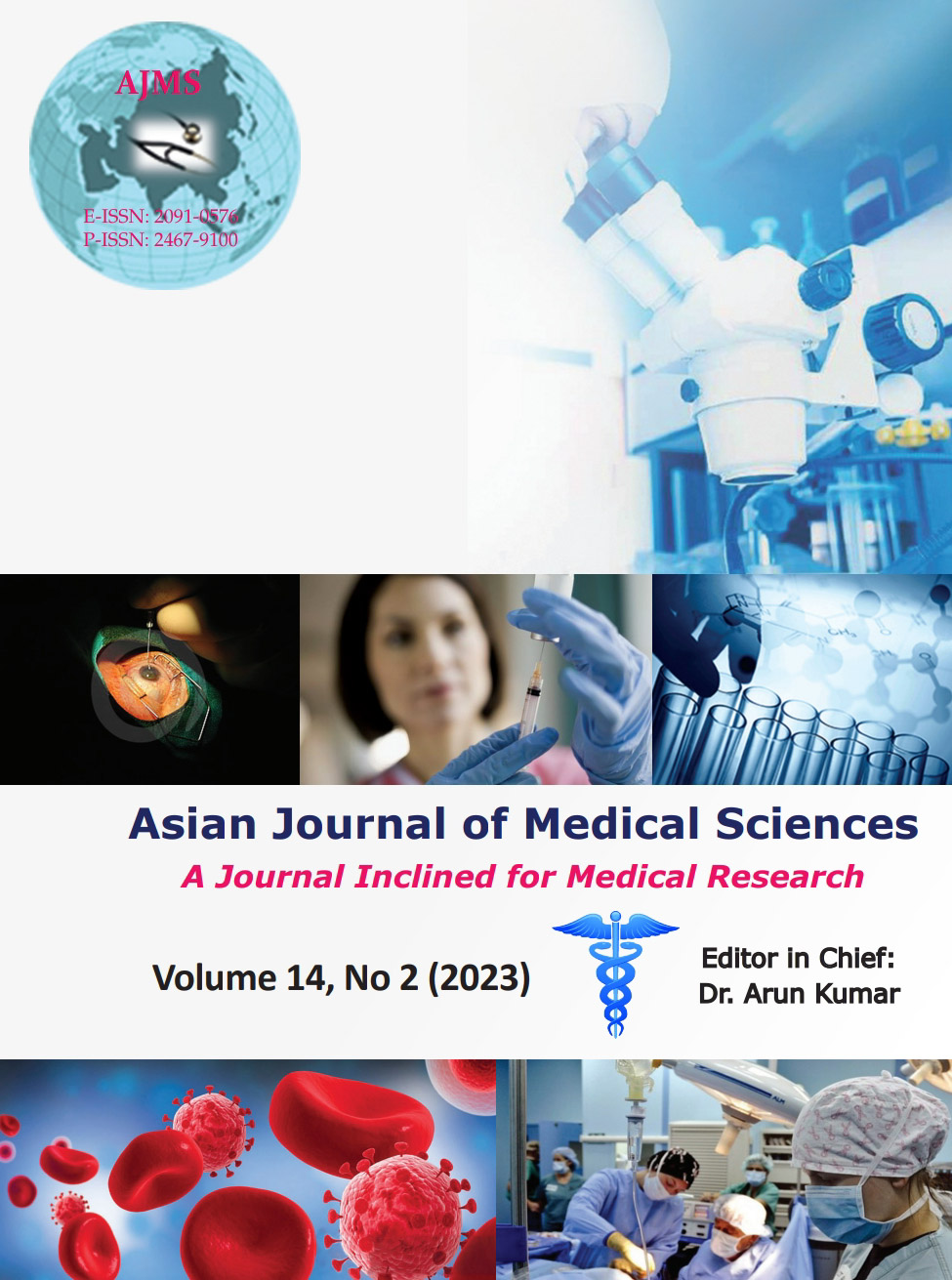Parental apprehension, knowledge, attitudes, and practices regarding COVID-19 infection in children: A cross-sectional study
Keywords:
Knowledge, attitudes, and practices; Coronavirus disease in children; Fear of COVID-19; Parental apprehensionAbstract
Background: With the anticipation of the coronavirus disease 2019 (COVID-19) third wave, there were reports of increased rates of infection among children. So naturally, there will be apprehension among parents regarding this. Knowledge, attitudes, and practices (KAPs) play an important role in effectively controlling the infection.
Aims and Objectives: The study is an attempt to understand parental apprehension and their KAP regarding COVID-19 infection in children.
Materials and Methods: A total of 367 parents participated. Statistical analysis of the data was performed using R language.
Results: Higher scores of knowledge were reported among higher age (P=0.003), higher education (P<0.001), professionals (P<0.001), urban area (P<0.001), and two or more children (P=0.022). Good practices were noted among unemployed (P<0.001), Hindu religion (P=0.045), and single child (P=0.002). Higher educated and employed had good knowledge, but practices were better among unemployed and illiterate. Knowledge was positively correlated with attitude (r+0.54, P<0.001, 95% CI [0.47, 0.61]) and practices (r+0.26, P<0.001, 95% CI [0.17, 0.36]); and attitudes with practices (r+0.32, P<0.001, 95% CI [0.22, 0.41]).
Conclusion: The study finds that generally, parents have good KAP toward COVID-19. However, they have limited knowledge regarding COVID-19 infection in children contributing to parental apprehension. It is time we spread awareness on KAPs regarding COVID-19 infection in children.
Downloads
Downloads
Published
How to Cite
Issue
Section
License
Copyright (c) 2022 Asian Journal of Medical Sciences

This work is licensed under a Creative Commons Attribution-NonCommercial 4.0 International License.
Authors who publish with this journal agree to the following terms:
- The journal holds copyright and publishes the work under a Creative Commons CC-BY-NC license that permits use, distribution and reprduction in any medium, provided the original work is properly cited and is not used for commercial purposes. The journal should be recognised as the original publisher of this work.
- Authors are able to enter into separate, additional contractual arrangements for the non-exclusive distribution of the journal's published version of the work (e.g., post it to an institutional repository or publish it in a book), with an acknowledgement of its initial publication in this journal.
- Authors are permitted and encouraged to post their work online (e.g., in institutional repositories or on their website) prior to and during the submission process, as it can lead to productive exchanges, as well as earlier and greater citation of published work (See The Effect of Open Access).




